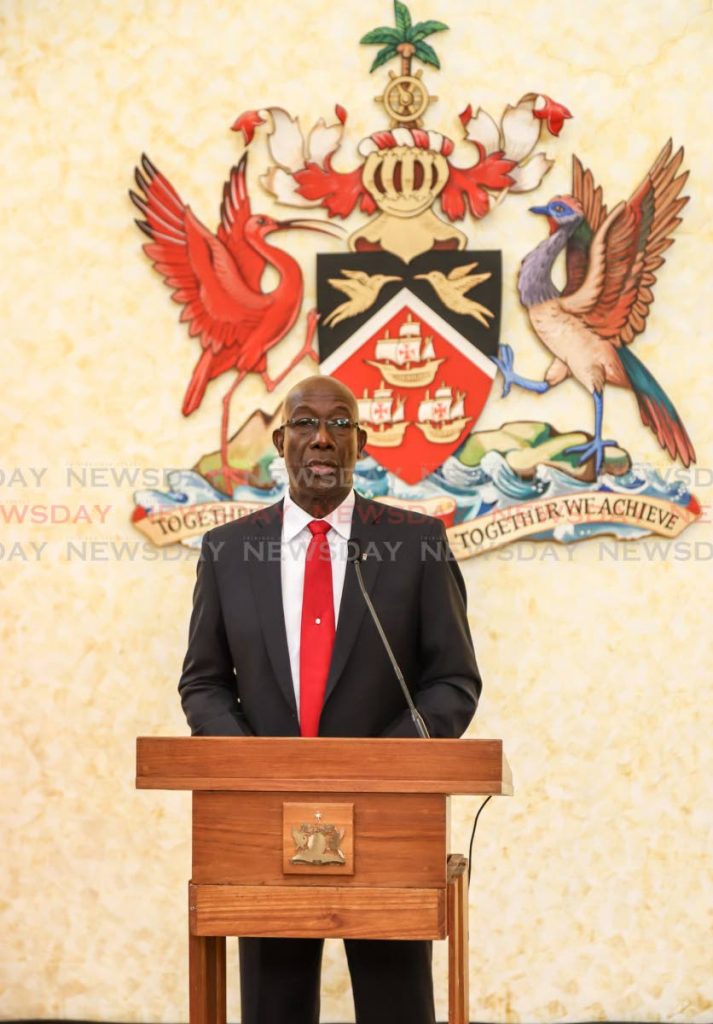Reflect on past struggles

LABOUR Day should not only be a celebratory occasion for workers in TT, but a time when every citizen should pause and reflect on the past struggles of the labour movement.
The Prime Minister said there was need to understand the present nature of work in TT to then, in a broader context, attempt to envision and respond to the country’s challenges in the 21st century.
In his Labour Day message, Dr Rowley said the events that occurred in June 1937 were not isolated to the worker, but were a confluence of social, political and economic factors, which made the explosive protest inevitable.
He said the factors were evident over 100 years earlier, beginning with the proclamation of Emancipation in 1834 – a time when the workers’ daily reality was one of racism and that of being half-freed, half-coerced and even treated as half-human.
"In reflecting today, I believe we should all recall the general working conditions and consequent legal struggles of the defiant labour leader Tubal Uriah 'Buzz' Butler. In 1936, he was blocked from registering his union; that absence of recognised machinery for collective bargaining contributed significantly to worker resentment and the subsequent explosion."
He said TT also must recognise the contribution from other stalwarts of the labour movement including Adrian Cola Rienzi, James Biggart, Arthur Cipriani, Albert Gomes, John Rojas, APT James, George Weekes, Bhadase Sagan Maharaj and James Manswell.
Rowley said today, technological developments were presenting complex challenges, not only to traditional working conditions, but to the nature of societies worldwide. He said biotechnology was beginning to enter our inner lives – our emotions, thoughts, and choices, and it was anticipated that together, infotech and biotech will create unprecedented upheavals in society.
He said for the worker in the 21st century, new jobs will demand a higher level of expertise and ingenuity, thereby posing problems for those existing among us who were unemployed and unskilled.
"The century is demanding that workers constantly re-train, and frequently re-invent themselves, not once, but several times during their progressive work lives. These new challenges are now demanding that the leaders in the labour movement re-think their traditional positions and perspectives. The 21st century, in short, is demanding not only a new quality worker, but also a new kind of labour leadership."
Rowley said the citizens of this country must work together towards the common goal of national development based on shared sacrifices for shared benefits.


Comments
"Reflect on past struggles"